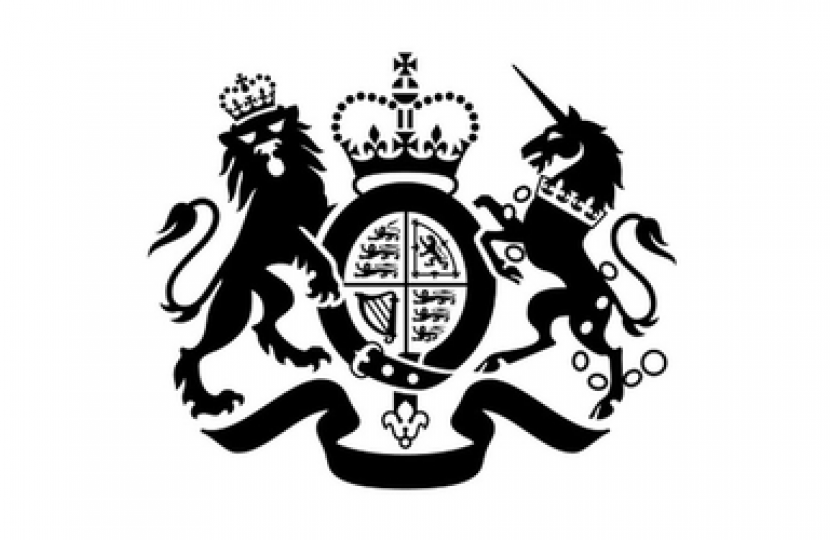
Dear Colleagues,
Global Britain: Department for International Development and the Foreign and Commonwealth Office
As you will have seen, I have today announced that the Department for International Development (DFID) and the Foreign and Commonwealth Office (FCO) will merge, to create a new overseas department, to be ready by September, led by the Foreign Secretary.
I have been considering this question for some time and I have concluded that now is the right time to make this change. Over the coming decade international issues will be even more important to our national interest and the world will become even more complex, with interconnected challenges and opportunities for the UK. I believe we need a new approach if we are to secure our values and interests in a changing world, which is why I launched the Integrated Review in February. I want to bring this country's strengths and expertise to bear on the world's biggest problems and we need to ensure that the Government is set up to deliver that.
This new Department will enable the UK to punch with more weight internationally at a critical time for the international system. In recent months we have been at the heart of the international effort to tackle Covid-19. For example, earlier this month I chaired a virtual Global Vaccine Summit which raised enough money to immunise 300 million children. This shows the good that this country can do through our international engagement. Next year, will be even more critical for the UK on the world stage: we will be President of the G7, and host both the crucial UN Climate Change Conference in Glasgow and the UN's 75th anniversary celebrations.
The current crisis reminds us that security, prosperity, development and foreign policy are inextricably interlinked. The pandemic has demonstrated just how important it is that our development and diplomatic efforts are fused together more closely. We do not have the luxury of separate diplomacy and development efforts. If we are to maximise our international impact, we must combine our national assets and speak with one voice. As the world becomes ever more complex, we need single cross-government strategies for every country, driven by the overarching strategy set by the National Security Council and implemented on the ground by an Ambassador or High Commissioner heading all of Her Majesty's Government's work in-country. As an example, Her Majesty's Trade Commissioners will come under the line management of Ambassadors and High Commissioners. The new Department will enable greater overall coordination by bringing foreign policy and development together.
To be clear, this is not about rolling back in our commitments to international development but pursuing them with greater effect. When DFID was created in 1997 it was the right set-up for that era. DFID officials have done fantastic work worldwide over the years, earning the Department a very well justified reputation as the best in its field. But the world has been transformed since then. This requires us to make sensible changes to strengthen the influence that should come from being the only G7 country to commit in legislation to spending 0.7% of GNI on international development. As we continue to commit to 0.7%, we owe it to the British people to make best use of these assets.
At present, the division of responsibility between DFID and FCO means we are not always able to properly assess aims and priorities, or act as coherently as we might. No single decision-maker in DFID or the FCO has the power to resolve policy choices. Having a single new Department will allow us to maximise our influence by empowering the Foreign Secretary to decide the priorities for both UK spend on international development and our diplomatic efforts, without losing any of the technical expertise which makes our offer so distinct. The Department for International Development has been a more effective spender of aid than any other Government Department and I am very clear that this expertise must be brought into the centre of the new Department and that our development experts are at the heart of the new Department.
I recognise that some may question whether this change should be made amid a pandemic. The reality is that this crisis has already imposed fundamental changes to the way we operate and if there is one further lesson, it is that a whole-of-government approach is just as important abroad as it is at home. Making this change now will ensure the UK can lead the international effort on COVID recovery and renewal but it will also mean the new Department will be ready to deliver the outcomes of our Integrated Review that will be set out in the autumn.
The guiding purpose of the new Department will be to promote the UK's national interest around the world and UK Aid will be at the core of that project. Ours is a broad view of the national interest. It is based on values as much as it is on our core interests of security and prosperity. The UK stands for open societies and democratic values, because they are right in themselves and also the best route to lasting stability and growth. In the real world you cannot separate diplomacy and development as you pursue these interests and values - nor should we in our governance structures.
The Prime Minister, Boris Johnson

